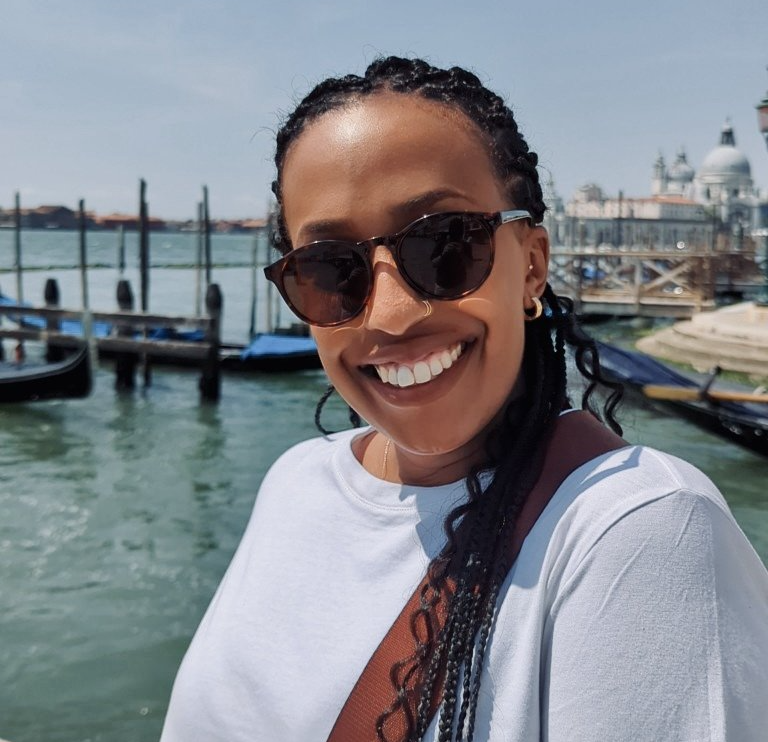Students Need the Freedom to Challenge, Collaborate and Innovate
Mandekh Hussein is the Programme Director for the BASc Global Challenges degree at Brunel University.

When I was 14, I had my first panic attack after finding out I would have to do exams in high school. I had always known myself to be a strong student academically, but the idea of sitting in an examination hall (turned out to be just in-class), made me nauseous. I believed that my value as a student would all come down to a single exam paper, on a specific day and I hoped that I would be in peak performance to crush it (n.b. I would be ill for every exam I would do after that).
There are a plethora of articles and books that highlight the myriad of issues that arise from standardised examinations, examinations in general and letter grades (I suggest watching Sir Ken Robinson’s Ted Talk “Do Schools Kill Creativity”). As a student, while I wanted to go on tangents and probe into particular topics, I would rarely find the opportunity, as teachers were under pressure to achieve particular outcomes by the end of the academic year. We had exams to do, and to make sure we knew everything we needed to know, we had to stick to the model – no tangents or disruptions. This was accepted without question. It wasn’t until later years that I became comfortable with disrupting.
I am the Programme Director for the BASc Global Challenges programme at Brunel University. When I joined the programme I knew this was my chance to disrupt the model.
Firstly, I did not want to perpetuate the “students are blank slates” characterisation. But this proved to be tricky. We are in a culture where learners are expected to be sponges soaking up information rather than sandboxes, with unique insights and experiences. One of the earliest blockers I had in teaching was cultivating a space for honesty and shared learning. It took time to normalise my approach (this is a relationship I must build, after all). I moved the classroom layout so we were facing one another, and encouraged students to share their interests, passions and experiences through applied opportunities (e.g. “The Challenge, A Challenge, Your Challenge” format for one of my classes allows students to learn about an issue/topic, hear of an intervention/project/ approach to address this but also give them the space to see how they would approach it themselves). I have seen students who felt that they were “square pegs in a round hole”. My goal is to make them believe there aren’t round holes they have to fit into.
Secondly, was breaking down the false belief that I know everything. This is trickier to convey, particularly to first years in higher education where students spend upwards of £9,000. I am transparent that I will use my expertise to empower, enable and fortify their confidence whilst also facilitating the opportunities for them to learn from one another. This is a shock for many who were brought up in a learning environment that negatively views challenging authority. Fortifying a community of learners and educators who feel that their experiences, what’s on their minds and general ideas are valued now is key, and truly believing that their value doesn’t exclusively come after they have done something (e.g. got the degree or 15 years of experience) or achieved something (e.g. received a prestigious award).
In reframing the conversation to being about knowledge itself, we dismantle such barriers and focus on who knows what about what is the best — opening the doors for others.
What have I learnt so far?
- Education must create inclusive opportunities for learners to collaborate, build & sustain networks.
The challenges of the future are unknown to us in all fairness. What the world will look like in five or ten years time is anyone’s guess. Educators are still somehow meant to be educating learners for this though. Unleashing the creativity, passion and curiosity of learners will yield tremendous outcomes. - Equip learners with the tools & practical skills to drive innovation & take up space.
Critical thinking and problem-framing skills are indispensable for the future, because they enable learners to reimagine challenges as opportunities. - Value labour and develop opportunities to support innovation.
For learners to translate difficult problems into viable and sustainable solutions, they need targeted support in conjunction with practical tools that allow them to identify and understand problems. The time taken to study is a cost, and should therefore be optimised to ensure that what is offered is holistic.
Mandekh Hussein is the Programme Director for the BASc Global Challenges degree at Brunel University, which looks at how and why the world around us is changing and encourages new ways of thinking to tackle the pressing issues that face us all. Mandekh takes part in efforts centred on facilitating spaces where individuals and communities access and utilise resources, skills and opportunities to actualize their vision, find new opportunities and disrupt systems.
This article first appeared in Engage 25.




